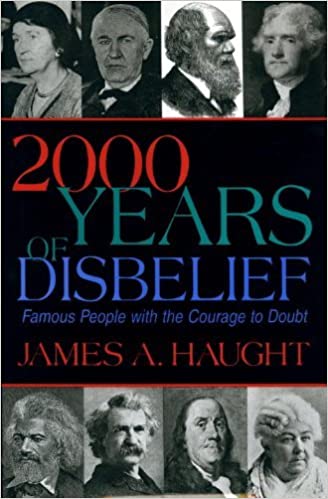This piece was reprinted by OpEd News with permission or license. It may not be reproduced in any form without permission or license from the source.
As the Industrial Revolution snowballed, millions of workmen left farms and took urban factory jobs to support their families. Society was transformed. Mass blue-collar workforces grew -- but workers often were subjected to exhausting hours, low pay and unhealthy conditions. Their misery spawned an urge to organize for self-protection.
Here's a historic example:
In the 1830s, coal-loaders on Philadelphia's waterfront were forced to work sixteen hours a day, six days a week. They staggered to their slum homes at night, black from coal dust, almost too weary to wash or enjoy their families, only to return before daylight for another sixteen hours.
One day, the embittered men abruptly walked off the job and demanded a ten-hour workday. It was a jolt that idled much of the ship wharves. Coal merchants rejected their demand and vowed to hire replacement workers. Some newspapers called the strikers "deluded" and even "freshly imported foreigners who despise and defy the law."
Then Philadelphia's handloom weavers decided that they, too, should have their work hours reduced to ten per day. They likewise struck. Next, cordwainers (shoemakers) joined the demand. At a rally, speakers denounced the "grinding avarice" of shoe company owners and vowed that cordwainers would no longer be "slaves of heartless monopolists."
Strikers marched through streets and stormed into the Merchants Exchange. A leader rebuked the "blood-sucking aristocracy" that kept workers subjugated. They wrote a resolution declaring:
"As we have nothing to dispose of but our labor, we claim the right of freemen of selling that at such a price as shall enable us to support ourselves, our wives and our families, without becoming objects of public charity."
Journeymen carpenters, bricklayers, housepainters, plasterers, ironsmiths and tinsmiths joined the walkout for ten-hour days. Thousands of people signed a petition to Philadelphia's council, which decreed that all city employees would work shorter hours. Philadelphia became the first city in America to shorten the workday for its workers.
Workers wrote more resolutions declaring that opponents of the ten-hour day were "devoid of the noble principle of humanity and the mild and charitable virtues of Christianity." They called the city's working conditions "an odious system of oppression." They said employers "hold us as slaves."
Slowly, business after business capitulated to the demands, and the ten-hour workday became standard. The Philadelphia victory helped spur rapid growth of organized unions around America.
---
Meanwhile, gory violence accompanied unionization in some parts of America. My state of West Virginia was a battleground where coal miners were exploited like cattle, and many fought back in armed uprisings. The West Virginia mine wars were legendary. Here's a brief record:
As coal mining blossomed in the late 1800s, thousands of immigrants and blacks poured into southern West Virginia for dirty, dangerous coal jobs. The diggers mostly lived in company camps, were paid in "scrip" tokens spendable only at company stores, and were exploited somewhat like serfs in bondage. Explosions and cave-ins killed multitudes. In 1907, a mine blast at Monongah, West Virginia, took nearly 400 worker lives. One historian said American combat troops in World War I had better survival rates than West Virginia miners.
Appalachian Heritage magazine told how a large coal company store at Whipple, Fayette County, was a fortress for armed guards, a mortuary for killed miners, a citadel for subjugating miner families, a place where any gossip about union organizing led to swift dismissal -- and even a place where some desperate miner wives were coerced to trade sex for food for their hungry families.
After the store was abandoned, a purchaser found it contained odd, half-size lunch pails. Old-timers explained: When a miner was killed on the job, his wife and children soon were evicted from company-owned housing -- unless the widow sent a young son, perhaps eight, to become an apprentice digger in the late father's place. The small pails were for child miners.
(Note: You can view every article as one long page if you sign up as an Advocate Member, or higher).





